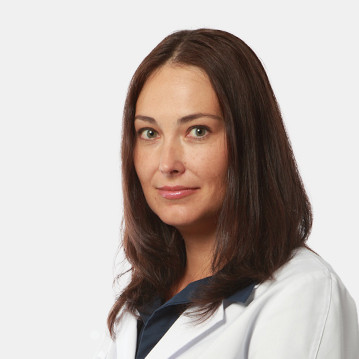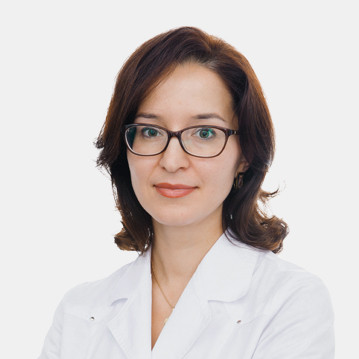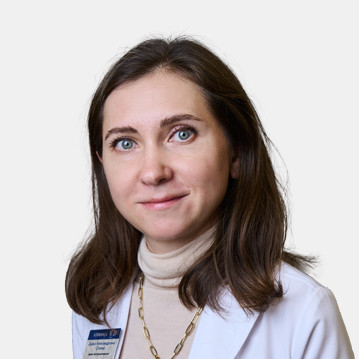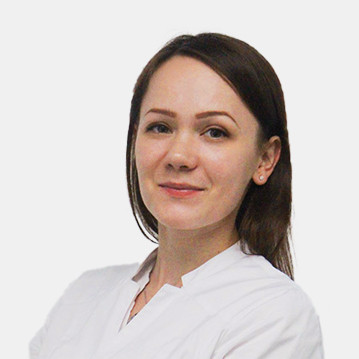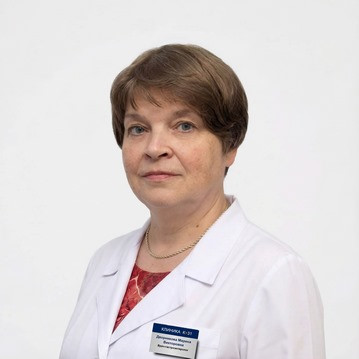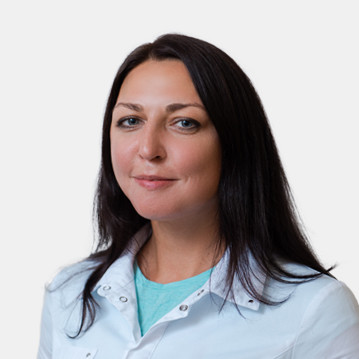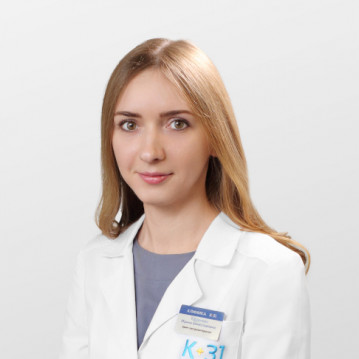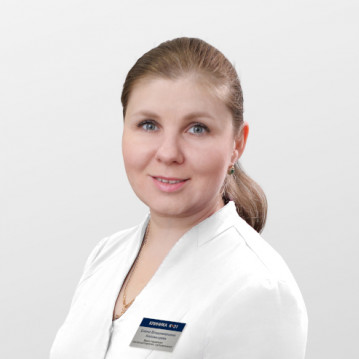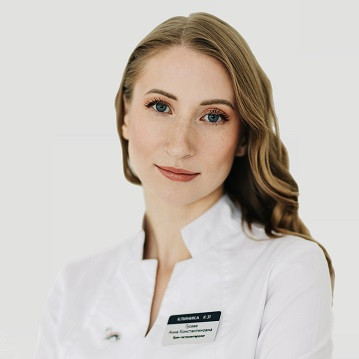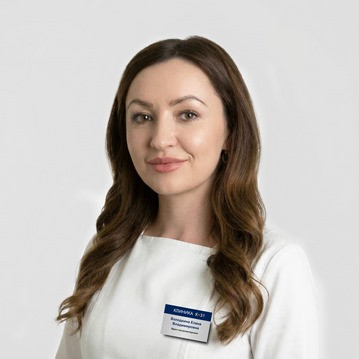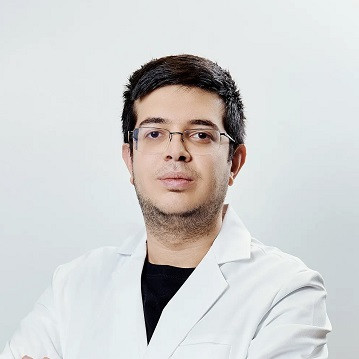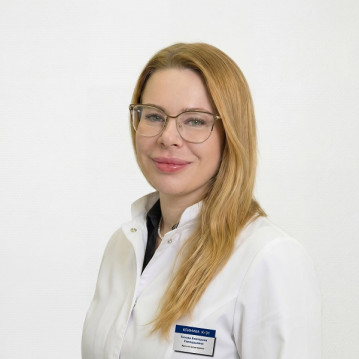Esophageal candidiasis is an inflammatory disease caused by the fungus Candida albicans.
Given that this organ is part of the digestive tract and connects the throat and stomach, the development of candidal esophagitis leads to serious consequences.
Main reasons
Active reproduction of fungi of the genus Candida, which contributes to the development of candidomycosis of the esophagus, is observed against the background of prolonged use of antibiotics or hormonal drugs. This is due to the fact that such drugs disrupt the normal balance of the microflora of the body. Other reasons include:
- Decrease in the overall immune resistance of the body. This may be due to various factors, including the development of chronic diseases (for example, HIV, diabetes, cancer), as well as stress.
In 90% of cases, the pathology is caused by the absence in the diet of foods enriched with vitamins and minerals necessary to maintain the normal functioning of the immune system.
Violation of the diet, overeating, excessive consumption of sweet, quickly digestible carbohydrates and alcohol can also cause dysbiosis and activation of fungal organisms.
Manifestations of mycosis of the esophagus
A typical symptom of mycosis of the esophagus is difficulty in swallowing. Difficulties arise when trying to swallow dry or solid food.
The reason for this is the growth of a fungal layer in the esophagus, which disrupts the normal functioning of the organ. Swallowing is often accompanied by pain and burning. Therefore, some patients try to simplify the process by washing down each piece of food with water.
Other features include:
- Discomfort in the chest area. The sensation of pain appears in the area behind the sternum and is caused by eating. This symptom of esophageal candidiasis is the result of an inflammatory process caused by the activity of fungi in the esophagus. The pain may increase, but usually its intensity does not change.
- Foul-smelling heartburn and belching. This is due to a change in the microbiota of the esophagus and the impact of the Candida fungus on its functioning.
Due to discomfort and pain when swallowing, patients often begin to reduce portion sizes and the number of meals. Prolonged malnutrition leads to weight loss and additional manifestations of beriberi.
Diagnosis of esophageal candidiasis
The main diagnostic method is esophagogastroduodenoscopy (EGD). This is an endoscopic examination, during which the doctor examines the inner surface of the esophagus, stomach and duodenum using a special tool - an endoscope. This device is equipped with a miniature video camera that transmits an image to the monitor, allowing a specialist to assess the condition of the mucous membrane in real time and determine the signs of a fungal infection.
When performing an EGD, the doctor takes a tissue sample (biopsy) from a suspicious area of the esophageal mucosa. This material is then subjected to histological examination in the laboratory, which makes it possible to determine the presence and concentration of fungi of the genus Candida.
To identify the causative agent of infection allows blood culture for sterility. Bacteriological examination of a smear from the oral cavity helps to determine the concentration of pests and their sensitivity to antifungal drugs.
After carrying out all the above studies, specialists analyze the data obtained and establish the final diagnosis.
